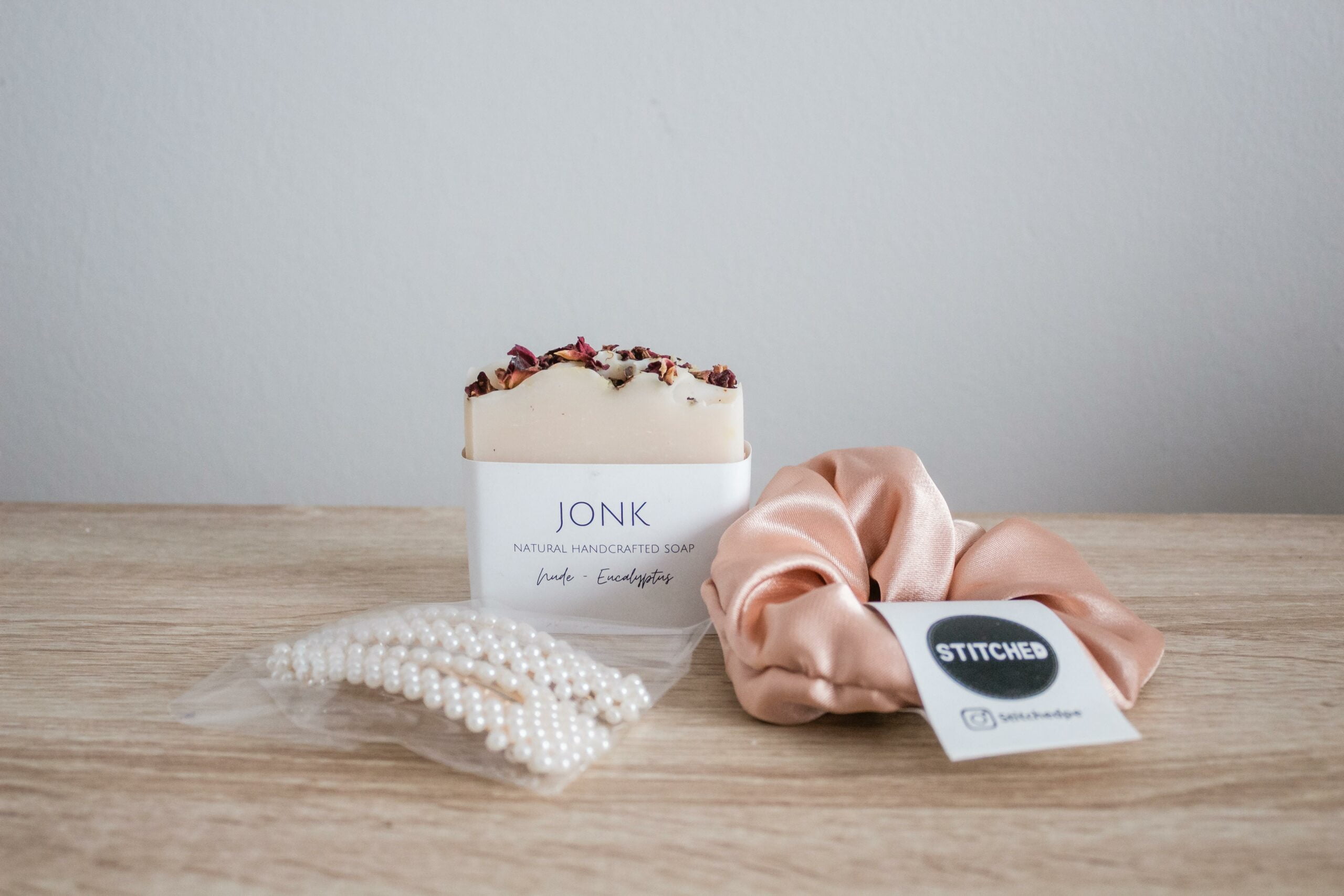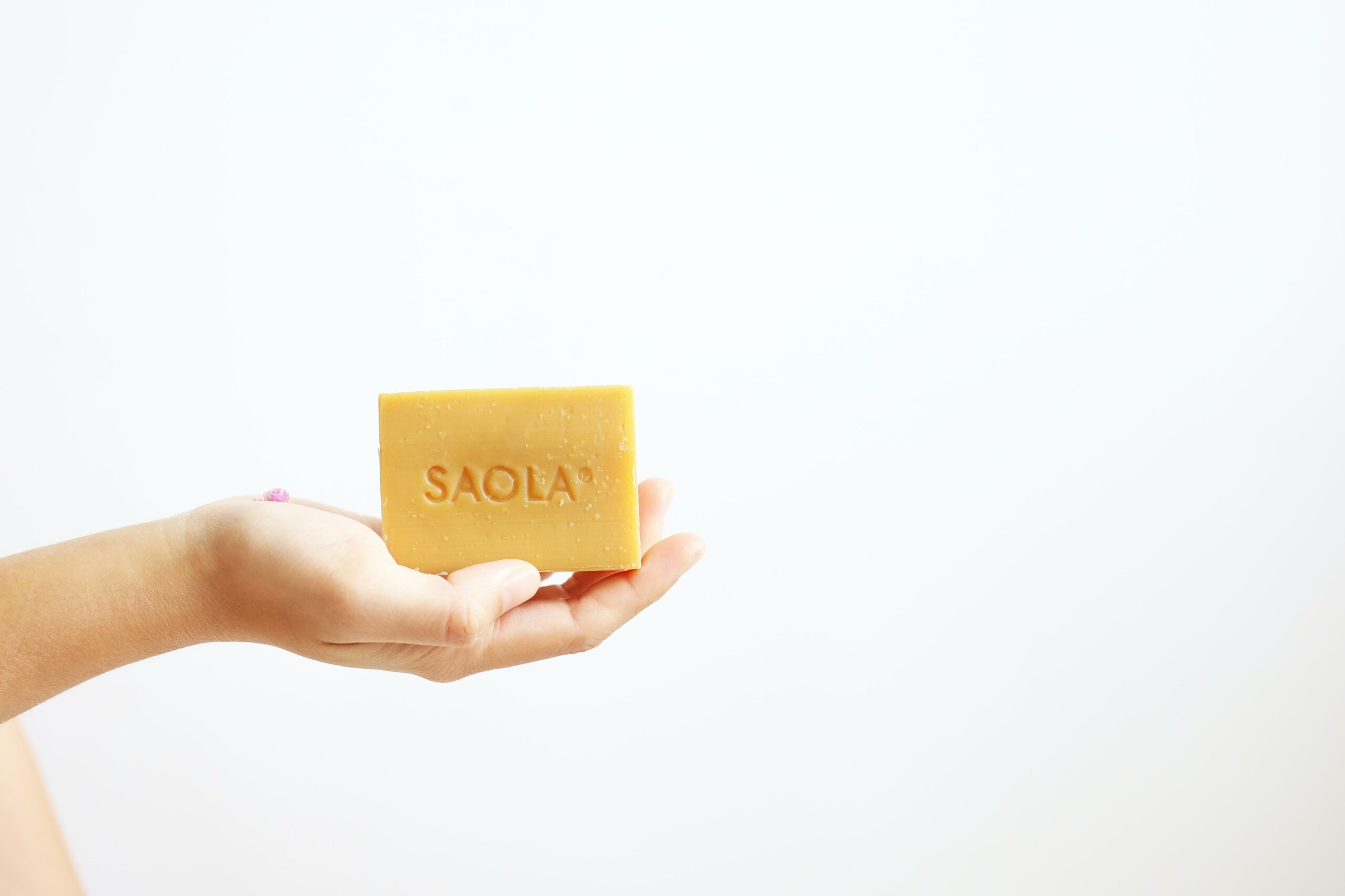Welcome to a journey through time as we uncover the intriguing evolution of soap throughout history. In this article, we will dive into the depths of the past to explore the fascinating tales and historical facts that surround this essential household item. From its humble beginnings to its indispensable role in our daily lives, soap has a rich and vibrant history that often goes unnoticed. So, sit back, relax, and prepare to embark on a soapy adventure like no other, as we unravel the mysteries and unveil the secrets of soap’s remarkable journey.

Historical Facts About Soap
Soap has been a staple in our lives for centuries. Its evolution throughout history is a fascinating journey that reveals not only the advancements in cleanliness practices but also the ingenuity of our ancestors. Join me as we embark on a captivating exploration of the historical facts about soap.
Ancient Beginnings
Let’s travel back in time to ancient civilizations, where soapmaking first began. The ancient Babylonians, around 2800 BC, were among the earliest users of soap. They discovered that by combining animal fats with ash, they could create a soapy substance. This early form of soap was primarily used for textile cleaning rather than personal hygiene.
Egyptian Wonders
As we delve deeper into history, we encounter the renowned civilization of ancient Egypt. The Egyptians were known for their obsession with cleanliness and personal grooming. Soap was an integral part of their daily routine, with recipes dating back to 1550 BC. Using a blend of vegetable oil, alkaline salts, and fragrant oils, the Egyptians crafted luxurious soaps that not only cleaned but also delighted the senses.
Quote: The Egyptians were ahead of their time when it came to cleanliness. They understood the importance of both hygiene and indulgence, creating soaps that were both functional and luxurious.
Roman Contributions
The Romans left an indelible mark on civilization with their extensive empire. They recognized the value of soap and introduced it to a wider audience. Soapmaking became a thriving industry during this time, with soap artisans skillfully concocting various formulas. The Romans took bathing to new heights, constructing grand public bathhouses where soap played a pivotal role in the cleansing rituals.
Quote: The Romans popularized soap and turned bathing into a communal experience. Soap became more than just a means to cleanse; it became a symbol of cultural sophistication.
Medieval Soaps
As we move into the Middle Ages, soapmaking techniques spread across Europe. Soap production was typically carried out by skilled craftsmen in monasteries, using animal fats and lye made from wood ashes. The scarcity of soap meant that it was a luxury reserved for the nobility and clergy. It was during this time that soap began to be scented with aromatic herbs and flowers, adding a touch of elegance to the cleansing experience.
Quote: Soap became a cherished commodity during the Middle Ages, representing status and refinement. The scented soaps of this era transformed bathing into a multisensory delight.
Industrial Revolution and Modern Soap
The Industrial Revolution, with its technological advancements, revolutionized soap production. In the 19th century, soap became more affordable and accessible to the masses. Chemical discoveries led to the development of new cleansing agents, such as synthetic detergents. This era also saw the introduction of specialized soaps, such as antibacterial and transparent soaps, catering to specific needs and preferences.
Quote: The Industrial Revolution brought soap to the masses, making cleanliness an achievable goal for everyone. Soap became more versatile and tailored to individual needs, reflecting the changing demands of society.
Contemporary Soapmaking
In recent decades, soap has experienced a resurgence in artisanal craftsmanship. Handmade soaps, crafted with natural ingredients, have gained popularity for their gentle cleansing properties and unique scents. The trend towards environmentally-friendly products has led to the emergence of sustainable and organic soaps, further diversifying the soap market.
Quote: The soapmaking industry continues to evolve, combining tradition with innovation. Artisanal and sustainable soaps offer a personalized and eco-conscious approach to cleaning, bridging the gap between history and the present day.
As we conclude our journey through the historical evolution of soap, we are reminded of its timeless significance in our lives. Soap has not only played a crucial role in our quest for cleanliness but has also shaped our cultural practices and perceptions of hygiene. From the ancient civilizations to the modern era, soap remains an enduring testament to our ingenuity and commitment to personal well-being.
So, the next time you lather up with your favorite soap, take a moment to appreciate the historical significance of this everyday item. It carries with it a rich tapestry of stories and a reminder of our shared human experience through the ages.
Soap History Facts are a fascinating topic for anyone curious about the origins and evolution of soap. Did you know that soap has been used for centuries and has a rich and storied history? If you want to delve deeper into Soap History Facts, click here to discover more about this essential product: Soap History Facts. You’ll be amazed by the incredible facts and intriguing tales that await you on this informative page. So why wait? Feed your curiosity and explore the intriguing world of soap history now!
FAQ
Q: What are some interesting historical facts about soap?
A: Soap has a long and intriguing history. Here are some fascinating facts about its evolution throughout the ages:
Q: When was soap first invented?
A: The exact origins of soap are uncertain, but it is believed to have been invented by the ancient Babylonians around 2800 BCE. They discovered that combining fat and ash produced a cleansing substance, which marked the birth of soap.
Q: How did soap-making techniques spread across the world?
A: Soap-making techniques traveled from Babylon to Egypt, Greece, and Rome. The Romans, in particular, expanded soap production and improved its quality. They used soap for personal hygiene and public baths, making it an essential part of their daily lives.
Q: Did soap have any special significance in medieval Europe?
A: Yes, soap played a significant role in medieval Europe, particularly during the plague outbreaks. Its use became more widespread as people began recognizing the importance of cleanliness and hygiene in preventing the spread of disease.
Q: When did the production of soap become more industrialized?
A: The industrial revolution in the 18th and 19th centuries marked a turning point for soap production. With advancements in manufacturing processes and the discovery of new ingredients, soap production became more efficient and accessible to the masses.
Q: How did soap evolve in the modern era?
A: In the modern era, soap has continued to evolve with the introduction of new formulations and the addition of fragrances and skin-enhancing ingredients. Today, we have a wide variety of soaps tailored to different skin types and purposes.
- Star Ring Trends: Etsy vs Amazon - March 28, 2025
- Boost Pollinator Habitats: Baby Blue Eyes Sustainable Farming Guide - March 28, 2025
- Protect Big Black Bears: Effective Conservation Strategies - March 28, 2025
















